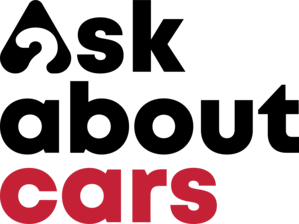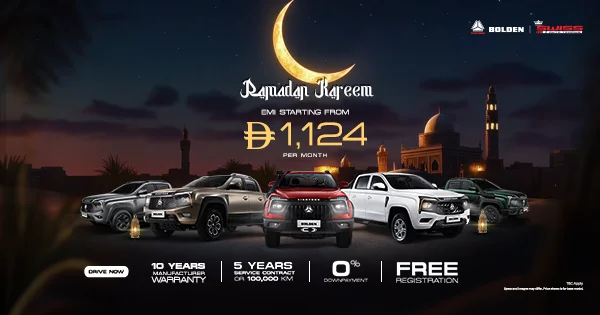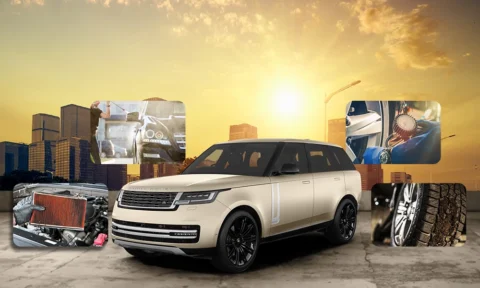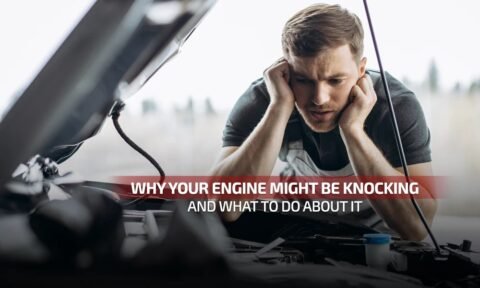You pull up to the pump, glance at the octane options, and hesitate.
Your car manual says “premium fuel recommended,” but is that just carmaker paranoia—or a legitimate requirement?
If you drive something ordinary, 91 might be fine.
But for supercars, the debate runs deeper.
And in a country like the UAE, where temperatures soar and engines are pushed hard, choosing the wrong fuel will cost more than just a few horsepower.
Let’s break it down: when is premium fuel actually necessary, and when are you just wasting money on high-octane placebo?
So, What Is Premium Fuel?
Premium fuel usually refers to gasoline with a higher octane rating—typically 95 or 98 in the UAE, equivalent to 91 or 93 in the U.S.
Octane is not a measure of power.
It’s a measure of resistance to “knocking”, which is an uncontrolled combustion event inside the engine.
High-performance engines, especially turbocharged or supercharged ones, run hotter and at higher compression, so they need fuel that can keep up.
Do All Supercars Require Premium Fuel?
In a word: yes—but with nuance.
Take these examples:
- Ferrari 296 GTB (twin-turbo V6): Requires 98 RON
- Lamborghini Huracán (NA V10): Premium fuel only
- Porsche 911 Turbo S: Recommends 98 RON but can run on 95, but the performance will be reduced
- McLaren Artura: Needs 98 RON for full output
If your supercar has forced induction (turbo/supercharged) or a high compression engine, premium fuel isn’t optional—it’s baked into the engineering.
Can I put regular fuel in a supercar just once if I’m stuck?
Technically yes, in an emergency. Most modern ECUs can adjust timing to prevent engine damage, but you will lose performance, and repeated use can cause long-term harm to internals like valves and injectors. Some supercars may even go into “limp mode” to prevent detonation.
Why It Matters More in the UAE
- Extreme heat puts more strain on engine cooling and combustion—low-octane fuel can ignite early (knock), harming the engine.
- Fuel quality varies by station. Even among 95 or 98 RON grades, impurities or storage conditions can alter effectiveness. That’s why reputable stations like ADNOC or ENOC are always the safest bet.
The “Wasted Money” Myth
Let’s address a common mistake: using premium fuel in cars that don’t require it.
Filling a Toyota Camry with Super 98 isn’t helping.
It won’t boost power, increase mileage, or clean your engine. That’s like pouring Fiji water into a potted plant.
Unless your car’s manual says required or recommended, stick to the octane your engine was designed for.
Engine oil is the same too, and I wrote about it a while back.
It’s not that you waste money by spending more on the better or higher grade oil/fuel, it’s the fact that you get better performance/
Is premium fuel more efficient? Will I save fuel over time?
Only if your engine is tuned for it. Supercars that require 98 RON may run more efficiently, with better ignition timing and less knock control, meaning more power and smoother operation. But in non-premium vehicles, it makes no measurable difference.
But What About Additives and “Super Fuels”?
Some stations advertise fuel with detergent blends, cleaning agents, or “nano protection” coatings.
These can benefit direct-injection engines prone to carbon buildup, but they’re no substitute for the right octane rating.
Supercars already use high-end synthetic oils, platinum plugs, and carbon ceramic brakes—don’t cheap out at the fuel nozzle.
When Premium is a Non-Negotiable
Use premium fuel if your owner’s manual says any of the following:
- “High-octane fuel required”
- “Minimum RON 98”
- “Detonation protection active with lower octane” (which means performance drops with 95)
And let’s not forget—premium fuel protects your resale value.
A full-service record with correct fueling speaks volumes to a serious buyer or dealership.
Can tuning or ECU upgrades let me use cheaper fuel?
Yes, but only at the cost of power and response. Some tuners offer dual-mapping (e.g., 95/98 RON), but most supercars are optimized from factory. Re-tuning just to save AED 20 per tank isn’t worth the performance downgrade or potential engine risk.
What’s a Waste?
- Using premium in non-performance vehicles
- Falling for fuel “add-ons” instead of proper maintenance
- Assuming all 98 RON fuels are the same—station quality still matters
Don’t Treat Your Supercar Like a Sedan
If you can afford a car worth AED 700,000, skimping on fuel is like putting budget batteries in a Rolex.
The benefits of premium fuel aren’t just in power—they’re in preservation.
Use the octane rating your car deserves.
The right juice keeps your engine purring, your emissions cleaner, and your resale top-tier.Now if someone still tells you “premium is a scam,” ask them what they drive. If it’s not Italian, German, or carbon-fibered—just smile and nod.
